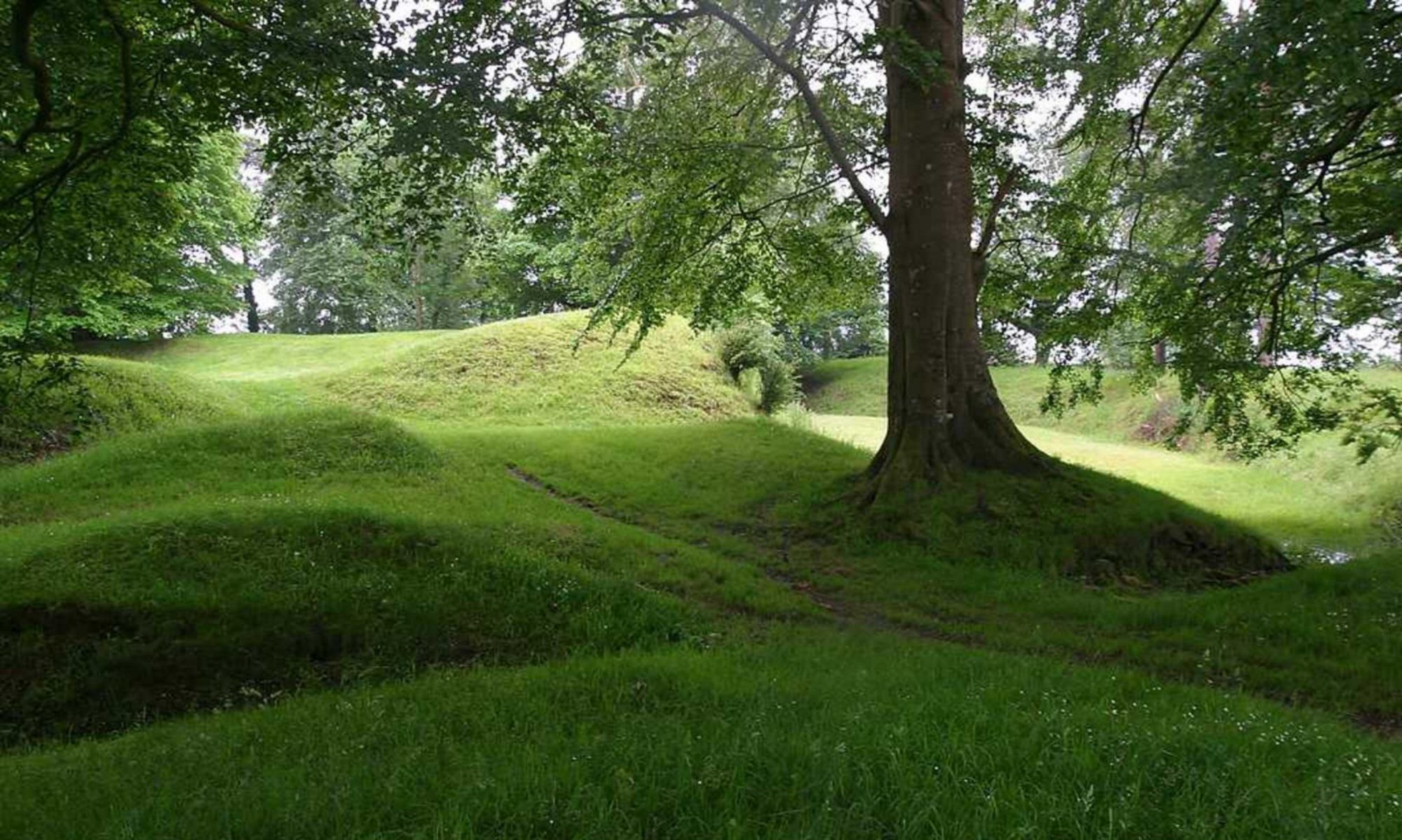On this St. Patrick’s Day, thoughts on W.B. Yeats’ poem about the 1916 rising in Dublin against English rule over Ireland in the midst of the First World War. Yeats wondered whether his nationalist agenda at the Abbey Theater and through his poetry and essays had encouraged nationalist rebels to engage in a failed uprising that caused vast death and destruction. Art can influence real-life behavior; it isn’t always just an escape or a palliative for the stress of life. That is the thesis of an essay I hope to have published soon regarding realist drama and marriage law.
He mentions at the start of the fourth stanza of “Easter, 1916” that “Too long a sacrifice/Can make a stone of the heart.” How often do we find that prolonged sacrifice, depravation, and duress can harden and deform our personalities and emotions? The abused becomes the abuser, sometimes through sheer callousness.
Following is the first stanza of the poem, which notes how hollow rhetoric and supposed foolishness can transform into something gravely serious and powerful. The full poem can be found at https://poets.org/poem/easter-1916
I have met them at close of day
Coming with vivid faces
From counter or desk among grey
Eighteenth-century houses.
I have passed with a nod of the head
Or polite meaningless words,
Or have lingered awhile and said
Polite meaningless words,
And thought before I had done
Of a mocking tale or a gibe
To please a companion
Around the fire at the club,
Being certain that they and I
But lived where motley is worn:
All changed, changed utterly:
A terrible beauty is born.
